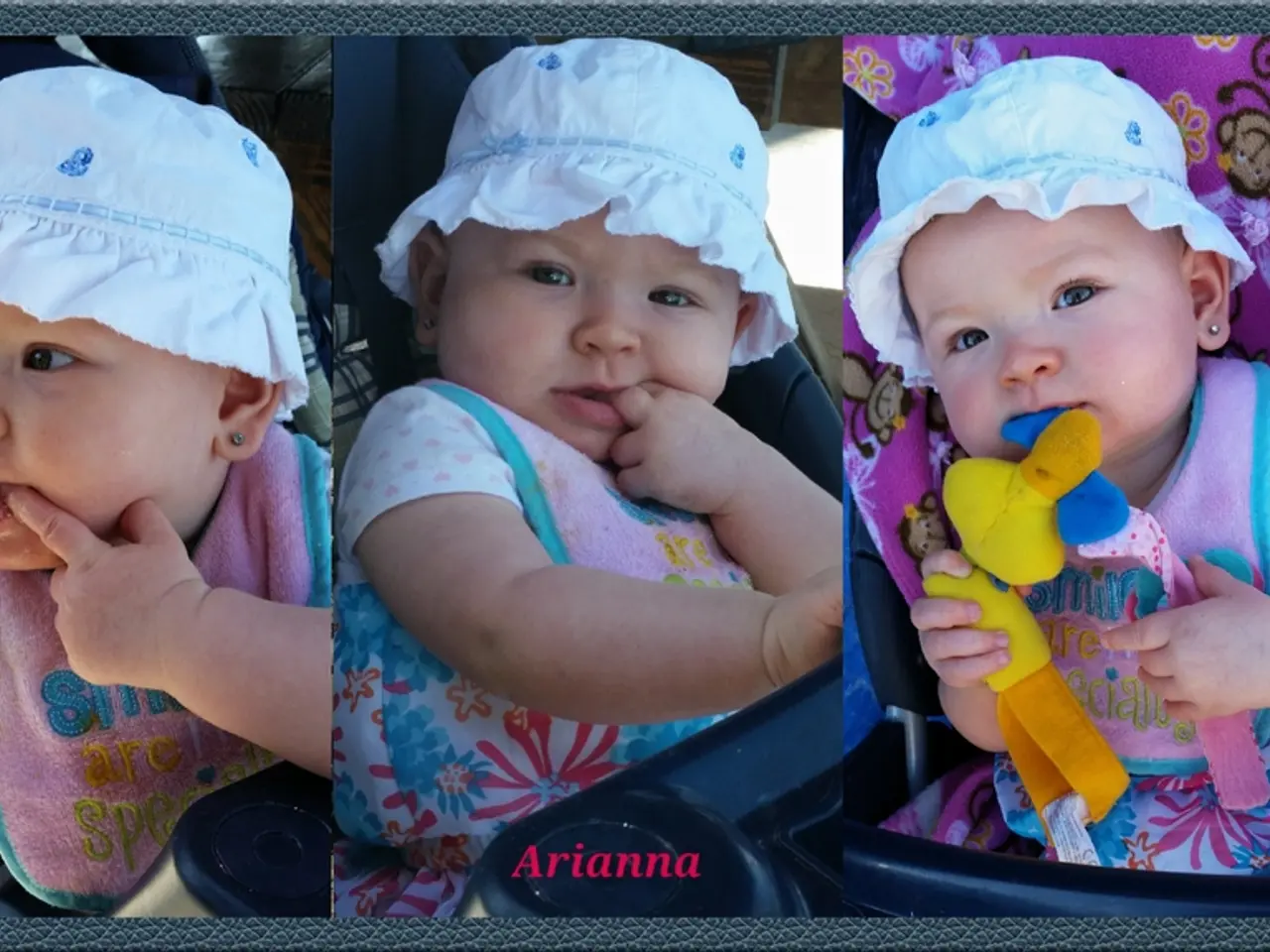Study reveals rapid bond formation between families and robotic entities
In a fascinating Canadian research study, it has been discovered that families can form close bonds with simple social robots in just a few years. The study, which involved 19 families who received a reading robot named Luka in 2021 to help their preschool-aged children learn to read, has shed light on the emotional connections that can develop between humans and machines.
Luka, a small owl-shaped robot, was initially used to scan and read pages from printed picture books. However, four years later, 18 out of 19 families still retained Luka, transforming it from a functional tool into an emotionally meaningful object. Families preserved Luka as a symbol of early family routines and childhood milestones, with children often describing it in familial or affectionate terms, such as "my little brother" or "the only pet I ever had."
The emotional bonds formed did not rely on complex technology. Even relatively simple social signals were sufficient for the creation and maintenance of these attachments. Luka was often placed on bookshelves, desks, or nightstands, integrated into home environments meaningfully and strengthening its emotional significance.
As the children grew older, they reinterpreted their relationship with Luka. Some continued to use it as a music or audiobook player, while others created bedtime stories for it. In one case, Luka was passed down to a younger cousin. Some families even started teaching Luka things, demonstrating a level of attachment that transcends its original functional purpose.
Parents sometimes kept Luka more for their own nostalgia than for children's ongoing use, reflecting the robot's role as a symbolic keeper of family history and shared experiences. One family gave Luka a hand-painted name tag, while another put a doily underneath it, personalising the robot further.
The researchers predict a future where households may have generations of robots, with families forming bonds akin to those with pets or familiar friends. Social robots can enhance social interactions in households and care settings by acting as conversational companions that support emotional expression and family communication without replacing genuine human feelings.
In conclusion, this study underscores the importance of emotional attachment and symbolic meaning in designing future social robots intended for home use. Simple social cues are enough to create emotional bonds between humans and machines, demonstrating the potential for these technologies to play a significant role in our lives beyond their original functional purpose.
- The families transformed Luka, their reading robot, into an emotionally meaningful object, often describing it as a pet or family member, showcasing a potential for simple social robots to blend into a household's lifestyle.
- As Luka became integrated into home environments, it gained symbolic importance, representing early family routines and childhood milestones, indicating how fashion-and-beauty or home-and-garden principles can extend to the integration of social robots in our living spaces.





